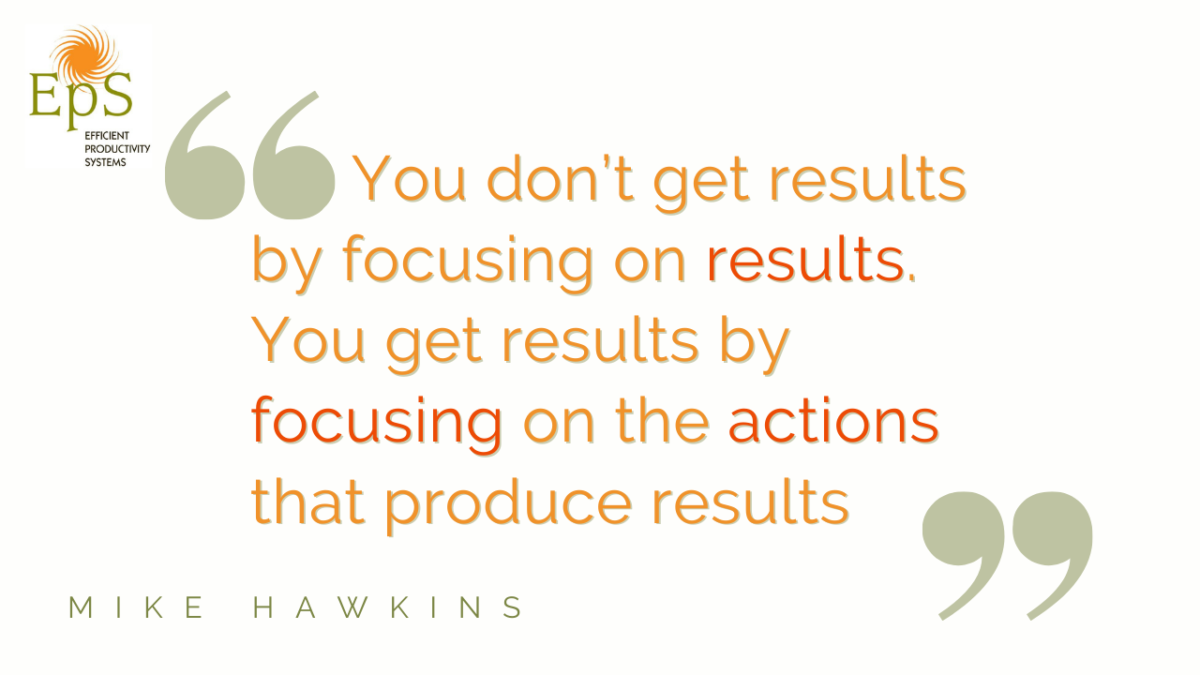In a life where we are constantly trying to focus on a hundred and one things at a time, finding time to actually focus on one thing can be nearly impossible. So how do you make sure you don’t waste time and stay focused when you need it most? How can you regain time, become more productive and feel happier with the outcome and achievements of each day?
- Create mental space for you to focus by eliminating distractors. Most certainly you will need to work on some sort of technological device, there really is no getting away from it but switch off or remove anything that may cause distractions is the best place to start. Turn the tv off (what are you doing watching TV?), put your phone on aeroplane mode when appropriate, and eliminate all banner notifications…these are all ideas to create a haven of space where you can work without being interrupted. For example, the ringer on my phone is never set to be audible. I cannot imagine being interrupted by all those rings, beeps and pings.
- Take breaks. Build in breaks. And, when your mind wanders, notice this. It might be time to get up, stretch and get a glass of a refreshing drink. Research suggests that the attention span for the average adult is between 12-20 minutes, and this undoubtedly becomes a lot less if distractions are readily available. Here’s the math: – if for every 15 minutes of focus, you spend 5 minutes scrolling through social media, you would be averaging roughly 2 hours a day of mindless scrolling. Try and make your downtime relatively quick and try to keep focus. Overtime you will be able to retrain your attention span to be able to focus for longer periods of time.
- Listen to your body and ascertain when you are most productive. This will certainly vary from person to person but as a rule, dedicating time to tasks that require a lot of mental capacity or concentration when your energy is low is not a good use of energy or focus. Examples of this are carrying out taxing tasks after eating or at the end of the day. Each morning, why not try prioritizing your task around your energy levels rather than what you need to get done? How are you feeling today? Do you have the energy to be able to carry out that tricky task? You may find that you are able to focus much better when you listen to what your body needs.
It’s inevitable, of course, that from time to time your mind will wander – after all, we are only human. You’ll find yourself asking: What are we having for dinner? What plans have we got for the weekend? Do I need to get the dog into the vet next week? And, so the wandering continues but what is the difference between your wandering mind and allowing flow? It’s safe to say that some of the best ideas were born from flowing minds and might just be the key to unlocking your true potential. Your mind will wander when you are feeling tired or bored, almost like it has an off switch for the task in hand. However, allowing flow comes back to listening to your energy levels and adapting your schedule to how you’re feeling. It is also closely related to feeling of happiness, increased performance, creativity, and engagement and may be the start of some of your best work.
They say practice makes perfect right? Don’t create this for yourself…be ok with just being good enough. Practice makes comfortable. When our brain and body is comfortable with a routine that serves us, that routine becomes part of our homeostasis and we “Auto-Magically” improve our situation. Retraining ourselves to focus is like anything – in order to be efficient, we must practice. Making small changes like the ones suggested above will have a huge impact on our focus, productivity, life balance and overall happiness. It’s progressive, so remember to take baby steps until you conquer each one and before you know it, you will have created life lasting habits that will make you feel happier and set you on the right path to achieving your goals! Yippee!.


